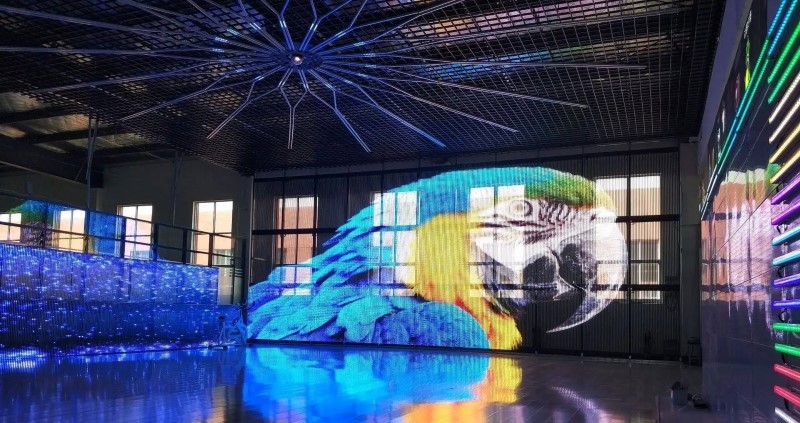Stage LED rental screens are crucial for live events, concerts, and presentations, providing vibrant displays and dynamic visuals. However, these high-tech displays can encounter performance issues that affect their functionality. Understanding the common problems and their solutions can help you troubleshoot and resolve issues effectively. Here¨s a guide to diagnosing and fixing performance problems with stage LED rental screens.Only by working together can we turn led rental screen The value of the play out, the development of the supply market needs. https://szyhfled.com/
stage led rental screen
Rental LED Display
1. Flickering or Flashing Display
Problem: The LED screen flickers or flashes intermittently, disrupting the visual experience.
Solution:
Check Connections: Ensure all cables and connectors are securely attached. Loose or damaged cables can cause flickering. Inspect the power cables, signal cables, and data connections.
Verify Power Supply: Ensure the LED screen is receiving a stable power supply. Fluctuations in voltage can lead to flickering. Use a voltage stabilizer or uninterruptible power supply (UPS) to provide consistent power.
Inspect Controller Settings: Check the settings on the LED screen controller. Adjust the refresh rate and other display parameters to eliminate flickering.
2. Color Inconsistency or Discoloration
Problem: The screen displays inconsistent colors or has areas of discoloration.
Solution:
Calibrate Color Settings: Use the LED screen¨s calibration tools or software to adjust color settings and ensure uniform color display across the screen.
Check for Dead or Stuck Pixels: Inspect the screen for dead or stuck pixels. If you find any, use pixel-fixing software or contact the rental company for a replacement panel.
Inspect Cable Connections: Ensure that all signal cables are connected properly. Poor connections can cause color discrepancies. Re-seat and secure all cables.
3. No Signal or Black Screen
Problem: The screen shows no signal or remains completely black, rendering it unusable.
Solution:
Check Input Sources: Verify that the input sources (e.g., computers, video players) are functioning correctly and sending a signal to the screen. Test with alternative sources if necessary.
Inspect Signal Cables: Ensure that all signal cables are properly connected and undamaged. Replace any faulty cables to restore the signal.
Restart Equipment: Power cycle the LED screen, input sources, and any connected equipment. Sometimes, a simple restart can resolve signal issues.
4. Overheating or Temperature Issues
Problem: The LED screen overheats, potentially causing performance issues or damage.
Solution:
Ensure Proper Ventilation: Make sure the LED screen has adequate ventilation and is not obstructed. Overheating can occur if air vents are blocked or if the screen is placed in a poorly ventilated area.
Monitor Temperature Levels: Use temperature monitoring tools to check the screen¨s operating temperature. If it exceeds recommended levels, improve cooling by using fans or air conditioning.
Inspect Cooling Fans: Check the internal cooling fans for proper operation. Clean any dust or debris from the fans and vents to ensure efficient cooling.
5. Poor Brightness or Contrast
Problem: The LED screen displays low brightness or poor contrast, affecting visibility.
Solution:
Adjust Brightness and Contrast Settings: Use the screen¨s settings menu to adjust brightness and contrast levels. Increase the settings to improve visibility, especially in bright environments.
Check Ambient Light Conditions: Ensure that the screen is positioned appropriately relative to ambient lighting. Excessive ambient light can affect perceived brightness and contrast.
Inspect LED Panels: Check for damaged or malfunctioning LED panels. If certain areas of the screen are dimmer than others, contact the rental company for repair or replacement.